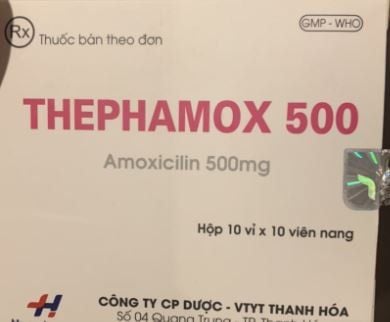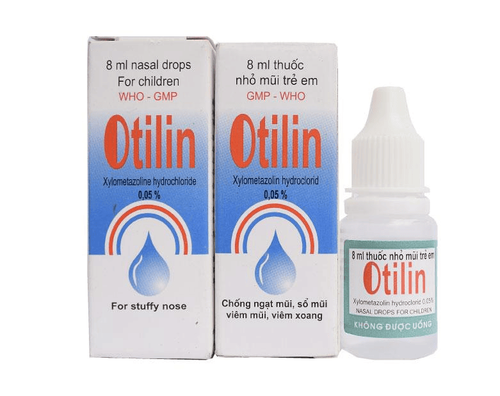This is an automatically translated article.
Question
Hello doctor,
These days, suddenly my taste buds are impaired, I can't feel the taste as usual. So the doctor asked me to ask if the decreased taste is a sign of disease? I thank you doctor.
Pham Thi Thanh Huyen (2005)
Answer
Answered by Master, Doctor Vu Tan Phuc - Department of Medical Examination & Internal Medicine, Vinmec Phu Quoc International General Hospital.
Hello,
With the question “What is a sign of impaired taste? , the doctor would like to answer as follows:
Taste impaired means your taste buds are not working properly. Impaired taste can also refer to altered sensations, such as a metallic taste in the mouth. Very rarely, a person has a complete loss of taste, only temporary loss of taste, and only a partial loss of the ability to taste.
Causes of taste impairment range from the common cold to more serious medical conditions involving the central nervous system. A decline in taste can also be a sign of the normal aging process. It is estimated that about 75% of people over the age of 80 have a taste impairment.
Taste is impaired by many different causes. There are causes related to your respiratory system.
Even if you are not diagnosed with a disorder of smell, the temporary disruption of smell you experience with a cold or other respiratory illness can impair your ability to perceive. Many conditions can affect your taste buds, including:
Flu. Flu. Sinusitis. Throat infections such as strep throat and pharyngitis. Salivary gland infection. Inflammation of the middle ear. Dental problems, poor oral hygiene such as gingivitis. Exposure to certain agricultural or household chemicals, such as insecticides. Surgery of the mouth, throat, nose, or ears. Head injury. Radiation therapy for cancer in this area of the body. In addition, there are a number of other less common but also possible causes of taste impairment including:
Smoking. Gingivitis or periodontal disease. Some medications include lithium, thyroid medications, and cancer treatments. Sjogren's syndrome, an autoimmune disease that causes dry mouth and dry eyes. Head or ear trauma. Nutritional deficiencies, especially vitamin B12 and zinc deficiencies. Some medications can also affect a person's ability to taste. These drugs include:
Antifungal drugs. Macrolides, which can treat certain types of infections. Fluoroquinolone, an antibiotic. Proton pump inhibitors. Angiotensin-converting enzyme inhibitors. Protein kinase inhibitors. HMG-CoA reductase inhibitors (statins). Your taste buds may be restored with treatment for the underlying cause. Antibiotics can be used in cases of bacterial sinusitis, salivary gland inflammation, and throat infections. Symptoms of colds, flu, and allergic rhinitis affecting taste may be relieved with decongestants or antihistamines. If you go to your doctor for advice, you may be able to get a prescription to reduce the effects of a nervous system disorder or autoimmune disease that causes your taste loss. Studies also show evidence that zinc deficiency can cause impaired taste.
You can visit a specialist for specific advice.
If you still have questions about impaired taste, you can go to a hospital of Vinmec Health System for further examination and advice. Thank you for trusting and sending questions to Vinmec. Wishing you lots of health.
Best regards!
Please dial HOTLINE for more information or register for an appointment HERE. Download MyVinmec app to make appointments faster and to manage your bookings easily.














